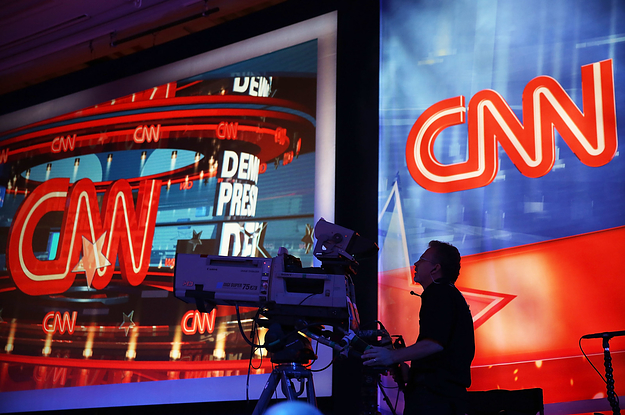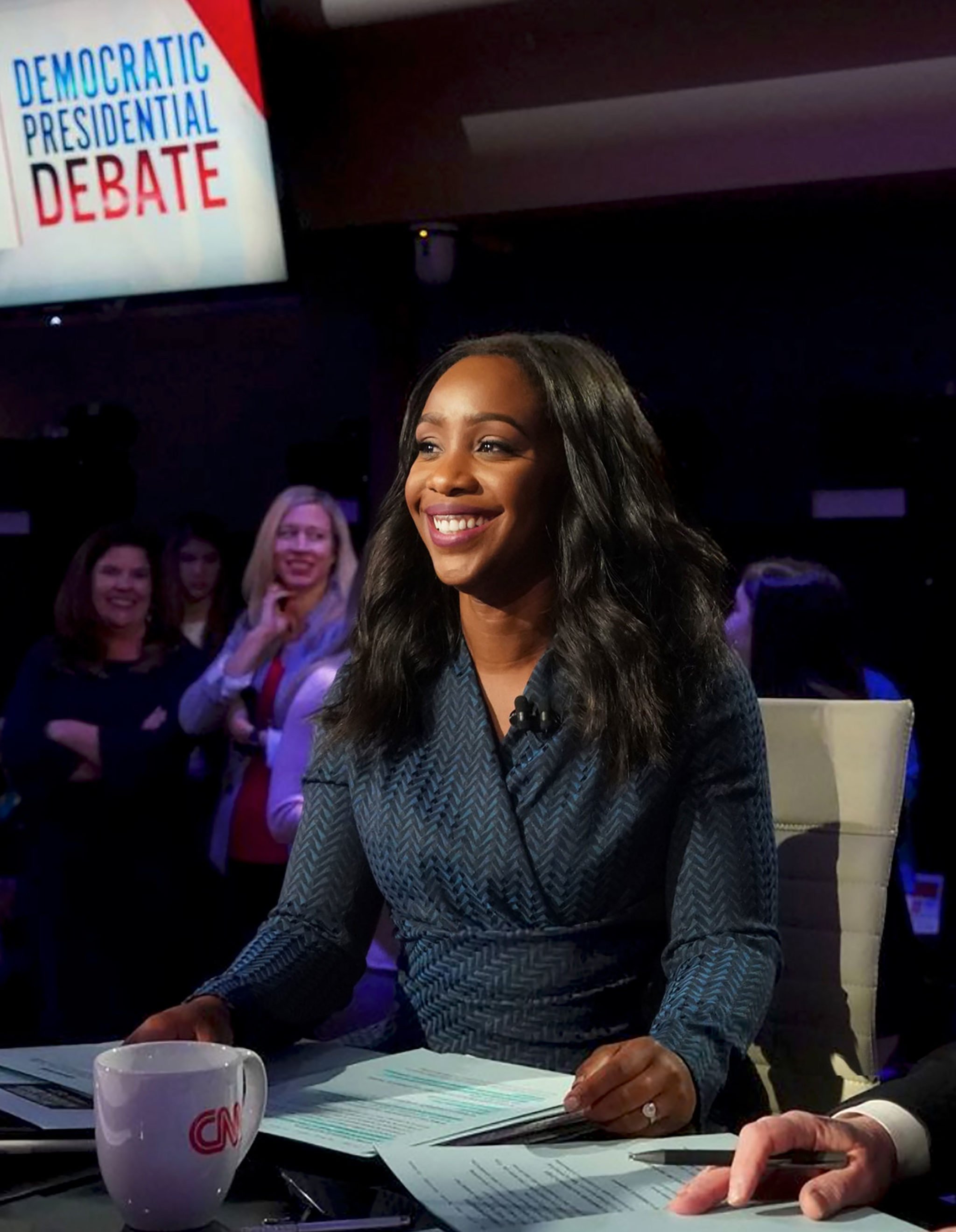

who produce bullshit) also perceive fake news as more accurate. Relatedly, individuals who overclaim regarding their level of knowledge (i.e. We find consistent evidence that the tendency to ascribe profundity to randomly generated sentences - pseudo-profound bullshit receptivity - correlates positively with perceptions of fake news accuracy, and negatively with the ability to differentiate between fake and real news (media truth discernment). Here we present three studies (MTurk, N = 1,606) investigating the cognitive psychological profile of individuals who fall prey to fake news. DOI: 10.2139/ssrn.3023545.Ībstract: “Inaccurate beliefs pose a threat to democracy and fake news represents a particularly egregious and direct avenue by which inaccurate beliefs have been propagated via social media. “Who Falls for Fake News? The Roles of Bullshit Receptivity, Overclaiming, Familiarity, and Analytical Thinking”

Beyond selected references in the text, suggested further reading can be found in the supplementary materials.” Fake news has a long history, but we focus on unanswered scientific questions raised by the proliferation of its most recent, politically oriented incarnation. Below, we discuss extant social and computer science research regarding belief in fake news and the mechanisms by which it spreads. However, much remains unknown regarding the vulnerabilities of individuals, institutions, and society to manipulations by malicious actors. Summary: “The rise of fake news highlights the erosion of long-standing institutional bulwarks against misinformation in the internet age. In mid-2018, JR‘s managing editor, Denise-Marie Ordway, wrote an article for Harvard Business Review explaining what researchers know to date about the amount of misinformation people consume, why they believe it and the best ways to fight it. Two other resources that may be helpful are the Poynter Institute’s tips on debunking fake news stories and the First Draft Partner Network, a global collaboration of newsrooms, social media platforms and fact-checking organizations that was launched in September 2016 to battle fake news.

Below, Journalist’s Resource has pulled together academic studies to help newsrooms better understand the problem and its impacts. The news media has written a lot about fake news and other forms of misinformation, but scholars are still trying to understand it - for example, how it travels and why some people believe it and even seek it out. Some news organizations published reports spotlighting examples of hoaxes, fake news and misinformation on Election Day 2016. Much of the fake news that flooded the internet during the 2016 election season consisted of written pieces and recorded segments promoting false information or perpetuating conspiracy theories. News satire is often called fake news as are parodies such as the “Saturday Night Live” mock newscast Weekend Update. “Fake news” is a term that can mean different things, depending on the context. adults have shared fake news, knowingly or unknowingly, with friends and others. A December 2016 survey by the Pew Research Center suggests that 23 percent of U.S.

Even as Americans recognize that fake news causes confusion about current issues and events, they continue to circulate it. But fabricated stories posing as serious journalism are not likely to go away as they have become a means for some writers to make money and potentially influence public opinion. It’s too soon to say whether Google’s and Facebook’s attempts to clamp down on fake news will have a significant impact.


 0 kommentar(er)
0 kommentar(er)
